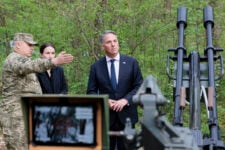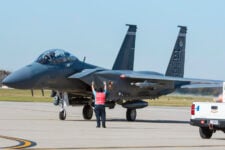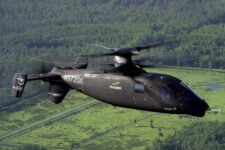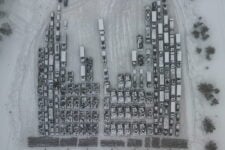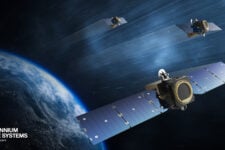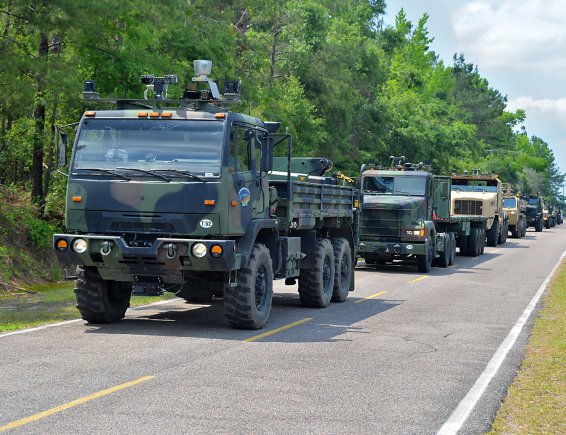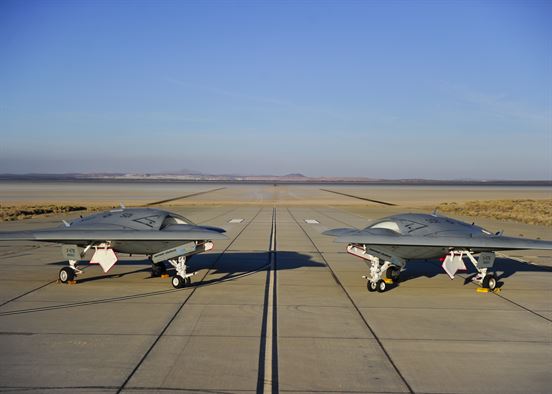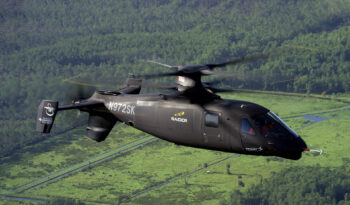
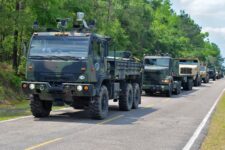
AUSA: Google does it. Tesla does it. So why isn’t the Army deploying self-driving cars and trucks throughout the world to save lives and move gear without weighing down soldiers? The Army’s chief roboticist, Bob Sadowski, talked with me about what makes it so challenging for the military to design autonomous trucks that can crawl their…
By Colin ClarkWASHINGTON: Should the United States build physical and cyber Terminators, weapons that do not have a human in the loop? The unequivocal answer from the prestigious Defense Science Board is yes. “This study concluded that DoD must accelerate its exploitation of autonomy—both to realize the potential military value and to remain ahead of adversaries who also…
By Colin Clark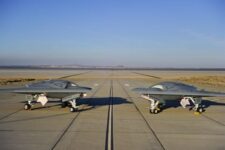
In an intriguing paper certain to catch the eye of senior Pentagon officials, a company claims that an artificial intelligence program it designed allowed drones to repeatedly and convincingly “defeat” a human pilot in simulations in a test done with the Air Force Research Lab (AFRL). A highly experienced former Air Force battle manager, Gene Lee, tried repeatedly…
By Colin Clark
WASHINGTON: The Defense Department’s Third Offset Strategy is designed to create new advantages over adversaries now that Russia and China are developing stealth fighters, cyber weapons, and precision missile arsenals of their own. With studies well underway and up to $15 billion budgeted for experimentation in 2017, the emerging answer is a cluster of technologies related to…
By Sydney J. Freedberg Jr.LAS VEGAS: The US military depends on drones. But amidst the justifiable excitement over the rise of the robots, it’s easy to overlook that today’s unmanned systems are not truly autonomous but rather require a lot of human guidance by remote control — and bad design often makes the human’s job needlessly awkward, to the…
By Sydney J. Freedberg Jr.